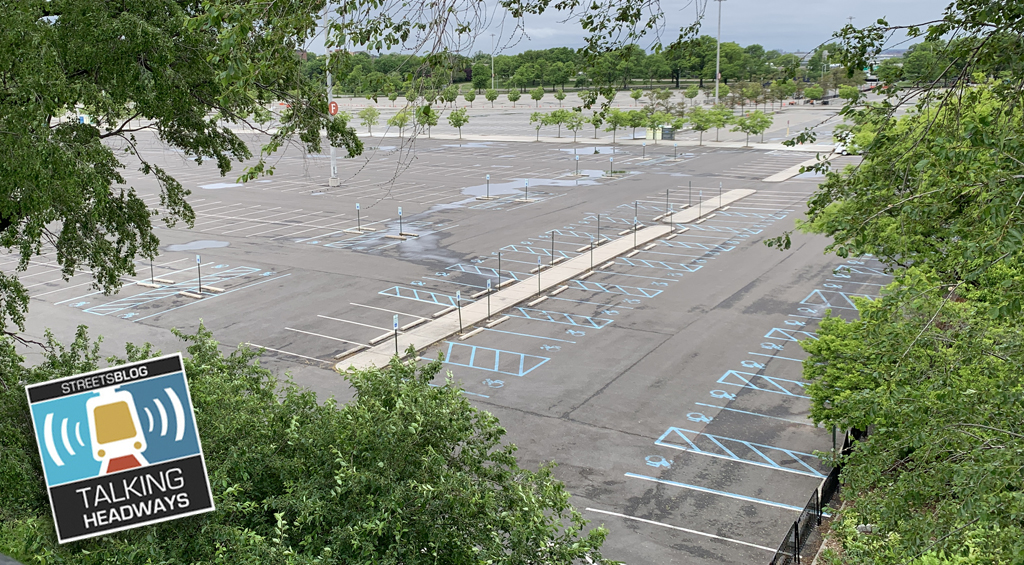Here's an interesting new type of revenue stream for transit. The King County Council, which encompasses the Seattle region, recently enacted legislation enabling Metro Transit to receive revenue from the sale of carbon offsets.

Stephen Fesler at The Urbanist explains this noteworthy innovation:
The initiative, called the Transit Carbon Offset Program, is an incredibly unique strategy for the County. Credits that are sold under the program will be directly invested in transit. Yes, transit. Carbon offset programs aren’t new, there are plenty of them out there like clean energy, reforestation, land banking, and funding building rehabilitation. But King County’s new program would be the first of its kind.
Revenue derived from the sale of transit offset credits would be used by King County Metro Transit (Metro Transit). Metro Transit could spend the credits on new service hours or on investments that would provide even more emissions reductions beyond regular operations.
While transit can still be carbon intensive, the service that it provides can more than make up for the fuel burned by running buses. Transit takes cars off of the road, puts less stress on other services, and reduces inefficient land use patterns.
To administer the offset program transparently, Metro Transit will consult with a third-party organization to monitor the transit offset credits. The third-party organization will be responsible for verifying how Metro Transit will spend revenue from the offset program. Ultimately, Metro Transit must show that the offset credits go toward programs and service that reduce carbon emissions. This will also help provide a rating and establish the cost basis for each credit. These carbon offsets will be available for purchase by WTD, SWD, other governments, and private individuals and entities.
Elsewhere on the Network today: Systemic Failure reports that countries are taking advantage of low energy prices to slash fossil fuel-related subsidies, but not the U.S. And Wash Cycle shares the news about Baltimore's planned 2.6-mile-long protected bike lane.





